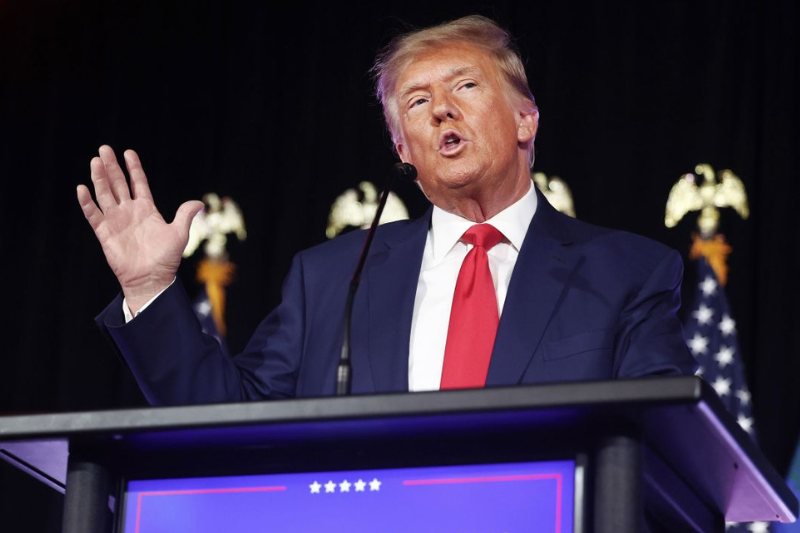
The Global Impact of Trump’s Trials: The Rise of ‘Whataboutism
The trials and legal processes surrounding former US President Donald Trump have not only drawn attention from American politics but have also had an impact on the political landscape around the world. In particular, it examines how Trump’s legal battles are causing a rise in “whataboutism” in the global arena and their far-reaching effects.
Whataboutism Defined
Whataboutism is a rhetorical strategy employed in political debate to deflect criticism by highlighting the mistakes or wrongdoings of others. To undermine or deflect attention from reasonable complaints frequently entails creating erroneous comparisons between various circumstances. Authoritarian administrations are taking advantage of whataboutism to their favor in the case of Trump’s prosecutions.
The Gift for Authoritarian Governments
Trump’s attempts to undermine democracy and the accompanying legal actions against him give authoritarian rulers throughout the world more material for their propaganda. These countries have endured Western criticism for years due to violations of human rights and a lack of democratic values. They have a strong retort provided by Trump’s trials: “You criticize us for imprisoning our opponents? Trump, what about him? This rhetorical move undermines Western nations’ reputation as defenders of human rights while simultaneously deflecting criticism.
The Effectiveness of Whataboutism
Whataboutism may be surprisingly persuasive despite being frequently disregarded as a dishonest and ridiculous argument. If such arguments are not addressed or refuted, the global campaign for public opinion may be lost. For instance, inquiries like “What about America’s invasion of Iraq?” have damaged American efforts to mobilize support for Ukraine. Participating in these discussions becomes essential to preserving credibility on the international stage.
Legitimacy and Complexity
It’s crucial to understand that whataboutism is not necessarily wrong. People instinctively contrast various circumstances to better understand their moral and political judgements. It makes sense to inquire, “What about similar actions (Y)?” in response to criticism of a specific action (X). However, the difficulty comes from contrasting extremely dissimilar circumstances, goals, and outcomes.
Keep Reading
Case Studies
Hong Kong vs. US Capitol
A key distinction between the Hong Kong protest movement and the storming of the US Capitol is the fundamental objective. Hong Kong demonstrators pushed for democracy itself, while US rioters aimed to undermine a democratic election. This contrast emphasises how crucial context is in discussions of whataboutism.
Russia, Hungary, and Turkey
The trials of Donald Trump have been used as a shield by leaders like Vladimir Putin, Viktor Orban, and Recep Tayyip Erdoan from criticism of their own policies. The strength of their arguments, however, differs considerably. While Trump’s trials are conducted with greater transparency, the European Court of Human Rights and other foreign organizations have denounced the detention of individuals like Selahattin Demirtas.
Whataboutism will inevitably resurface in world politics in the coming year as Trump’s legal battles take centre stage. It is vital for Western democracies to participate in educated and nuanced debates, highlighting the differences between various situations, in order to effectively buck this tendency. Refusing to participate in these discussions is not a winning tactic; rather, it runs the risk of further undermining the legitimacy of democratic norms on the international stage.




